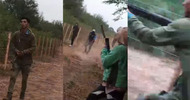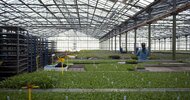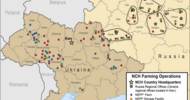U.S. says Burundi risks boiling over if political opposition stifled
Reuters | 29 April 2015
Unearthing a Libyan land deal
by Chris Arsenault
SEGOU, Mali - Irrigated farmland near the Niger River should be the breadbasket of drought-plagued Mali.
But a lack of infrastructure, political instability, climate change and botched foreign investment deals mean the region, and the country as a whole, isn't living up to its potential.
More than 70 percent of Malians rely on farming to earn a living and feed themselves, but nearly 2 million people in the West African country don't get enough to eat, according to the World Food Programme.
In south-central Mali, a region known as the Office Du Niger, is greener than much of the rest of the country because of its proximity to the Niger River and the Markala irrigation dam built by French colonialists in the 1930s. It is here where the Malian government signed a series of large land deals with foreign investors.
Supporters of these investments believe they will help boost production by bringing money and skills into the region. Critics say the deals are land grabs by foreigners backed by corrupt politicians who aren't looking out for the best interests of Malians.
In one of the largest land deals – the Malibya project – Mali offered 100,000 hectares in the Office du Niger to the Libyan government under late leader Muammar Gaddafi.
Since Gaddafi's ouster in 2011, and Libya's descent into chaos with rival militias feuding for control over the state and its large foreign assets, development of the project has stalled.
Several thousand farmers living in the concession area worry foreign investors might throw them off their ancestral lands if stability returns to Libya.
The Pulitzer Center on Crisis Reporting provided travel financing for this report
-


Mali agreed to lease Libya 100,000 hectares of farmland in a 2008 agreement called the Malibya project. The deal has been controversial as local farmers believe they could be displaced. Critics also believe the secretive deal could have been linked to political corruption.
-

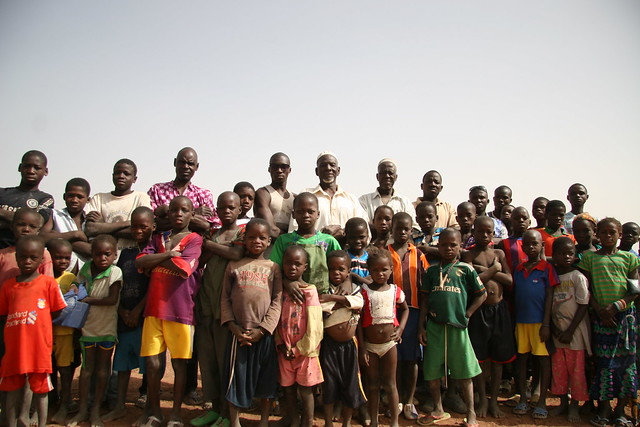
Residents of Finn village, an area now leased to Malibya, say they were never consulted about the foreign investment project. They have lived on the land for generations but do not have formal title. Malian law, however, recognises customary land tenure and the residents have no plans to leave regardless of what happens in the future.
-


Small farmers produce most of Mali’s food, but activists say the government is more interested in seeking large-scale foreign investment rather than supporting local growers with better training, formal land rights and irrigation.
-

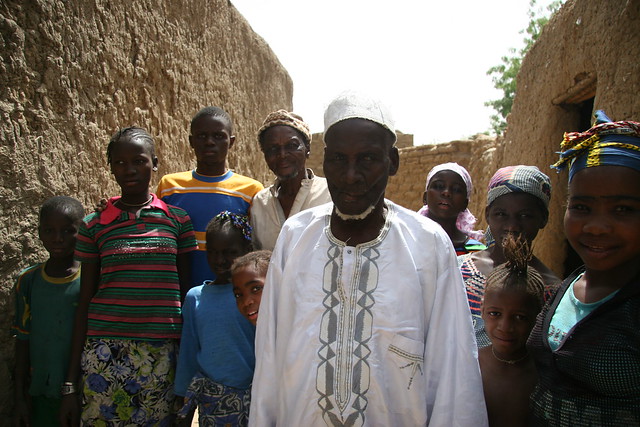
Several hundred people, including Balima Coulibaly (C), live in Sangha village, located inside the area of a major land deal in south central Mali. They say they have not been consulted about large-scale foreign land investments in the area, even though customary land title is supposed to give them rights under Malian law.
-


More than 1.8 million Malians, including Fadimata Diala, don’t get enough to eat. Land rights activists say Mali should feed its own people before leasing farmland to foreign investors.
-


Five-month-old Houssouna Coulibaly among the hundreds of thousands of Malians facing facing worsening hunger. She is currently receiving special nutritional aid at a UN feeding center in Gao, northern Mali.
-


Water from the Niger River is the lifeblood for agriculture in the desert country. The Malibya project was granted unrestricted water use between June and December each year during the 50-year lease.
-

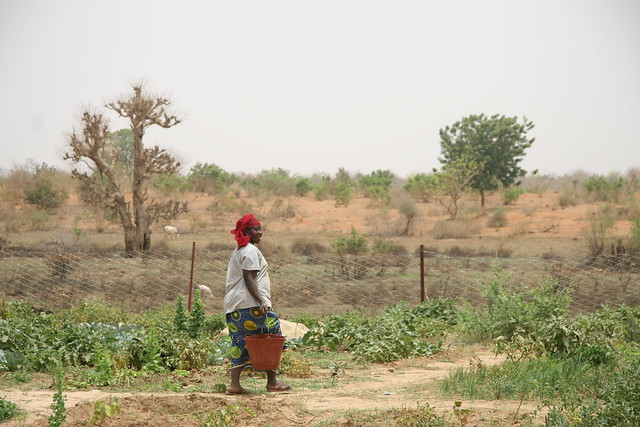
In much of the developing world, women farmers produce yields at least 20 percent below those of men as they have less access to seeds, fertilisers and equipment, according to the U.N.’s Food and Agriculture Organization (FAO).
-


Climate change has been blamed for exacerbating Mali’s food crisis. The country has had three droughts in the last decade – a far higher number than historical norms.
-

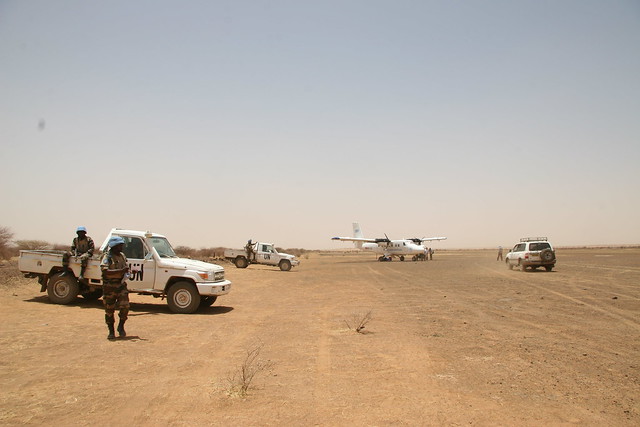
The country has been plagued by political unrest since a Tuareg-led uprising in the north and a coup in the capital in 2012. Some analysts believe food scarcity and climate change are helping to stoke political violence.
-

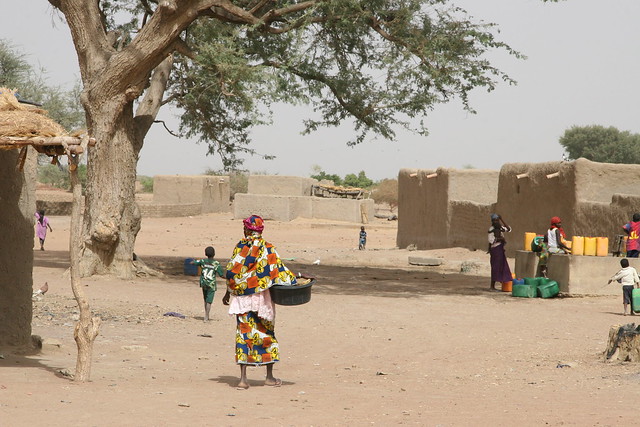
As violence rages in the north, some farmers and their families in the south worry about a precarious future as they tend to crops and raise animals on land that is supposed to belong to foreign investors.










